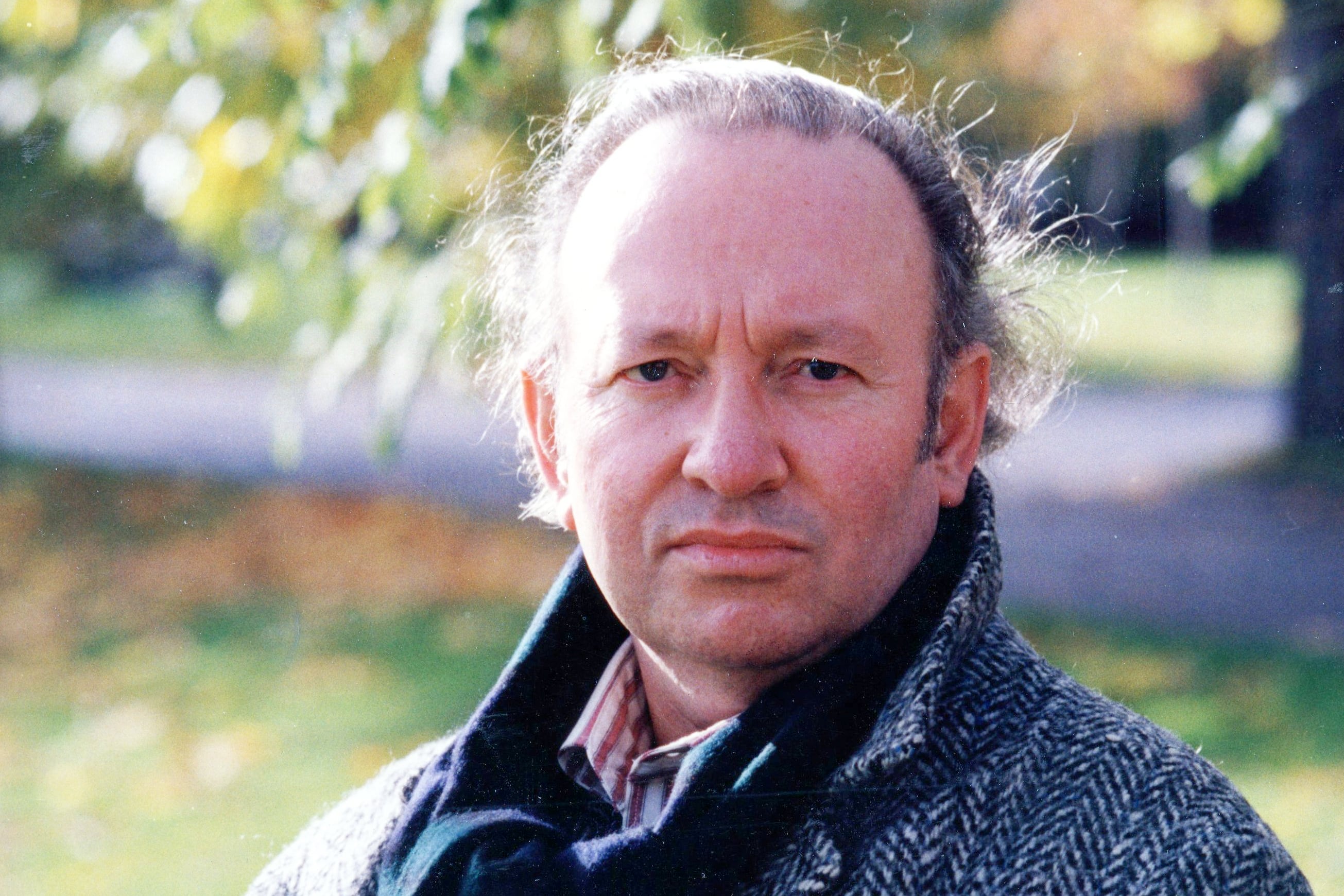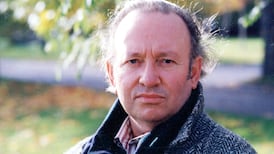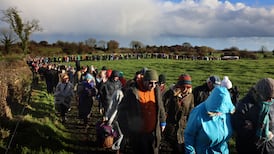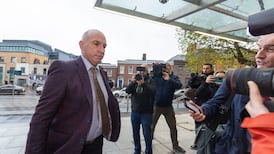Which of the foremost figures from the years 1913 to 1920 have most been subject to falsehood and misrepresentation? Prof Colum Kenny, now retired from Dublin City University, suggests that Arthur Griffith, negotiator of the 1921 Treaty, leads this group.
Griffith is way ahead on this measure of Éamon de Valera, who is also himself discussed twice as many times as Michael Collins. And, in this context, Patrick Pearse is a low–profile character who chalks up just five mentions.
A brave and intriguing book, it will stimulate most readers who know this era into finding something with which they disagree. We can start by including in this category Diarmaid Ferriter, UCD Professor of Modern Irish History — cited here for describing Peace by Ordeal, Frank Pakenham’s 1935 depiction of the Treaty signing, as “a quality account”.
No, says Kenny: Pakenham (later Lord Longford) produced a version that must be handled “with great caution”, and so must its theory that Griffith was “somehow duped into giving prior and even ‘secret’ prejudicial assent to the treaty deal”. Differences of opinion such as this one between the two professors are not being aired for the first time but this collection of 30 alleged misinterpretations also acts as a scorecard on the history profession.
READ MORE
The spine of the work is the extent to which Irish historians can meet the standards of objectivity they imposed on themselves in 1938 through the launch of their journal Irish Historical Studies. While much has been achieved since then, according to Kenny, “eternal vigilance” is still needed.
Myths and Lies is for readers who see the study of history as an endless debate rather than as the narrative of interesting tales. The defining of terms is critical in this kind of argument. Lenin’s disagreement with Polish revolutionary Karl Radek is one such case. While Radek regarded the 1916 Rising as “no more than a bourgeois effort at a putsch”, Lenin, perhaps informed by James Connolly, interpreted it as a blow to British imperialism.
Either way, Kenny questions whether any kind of “revolution” occurred at all. Referring to a “partly successful” national independence struggle, he concludes: “Risk in itself is not revolution. Partial liberation from imperialism and injustice is not necessarily economic or social transformation.”











